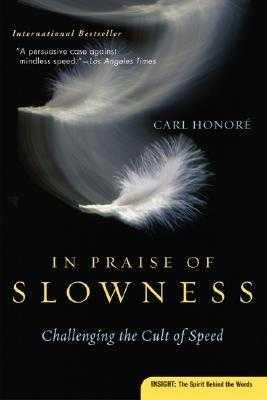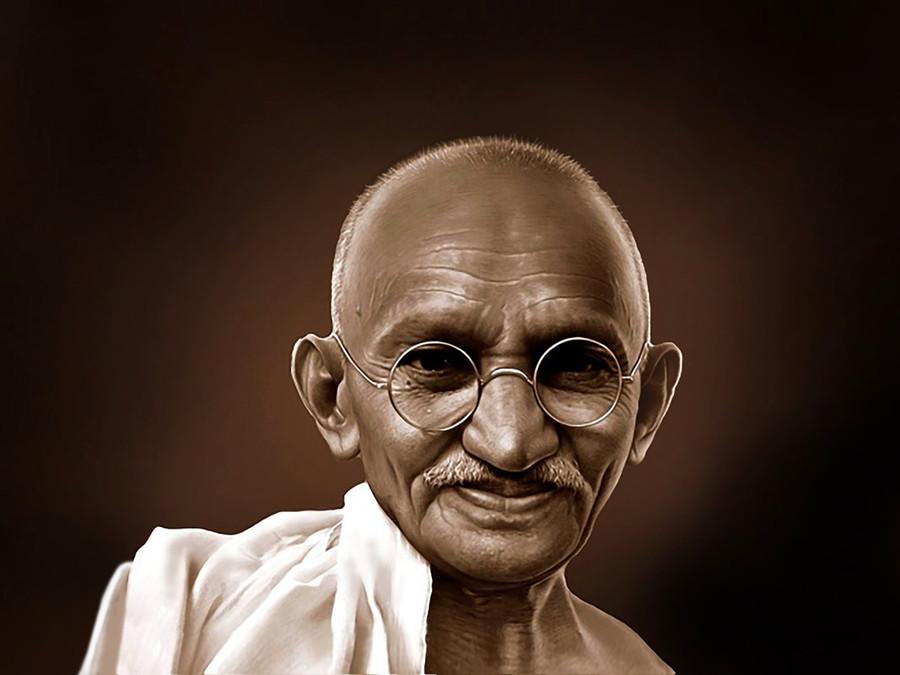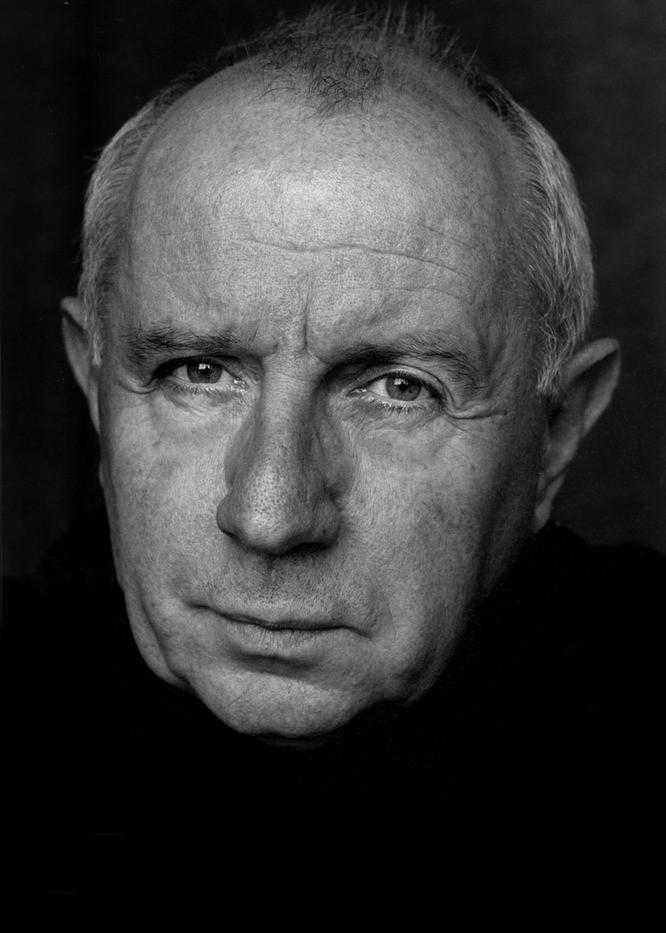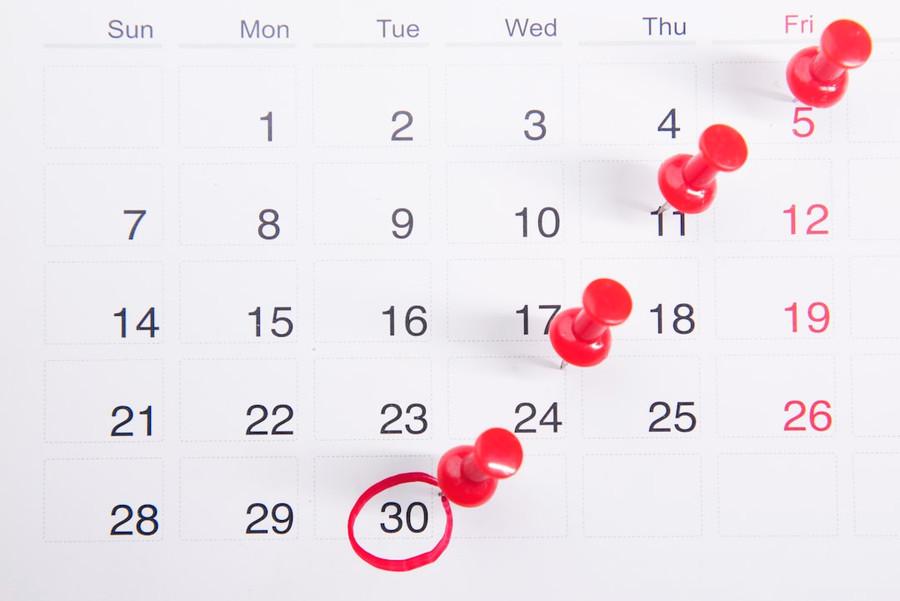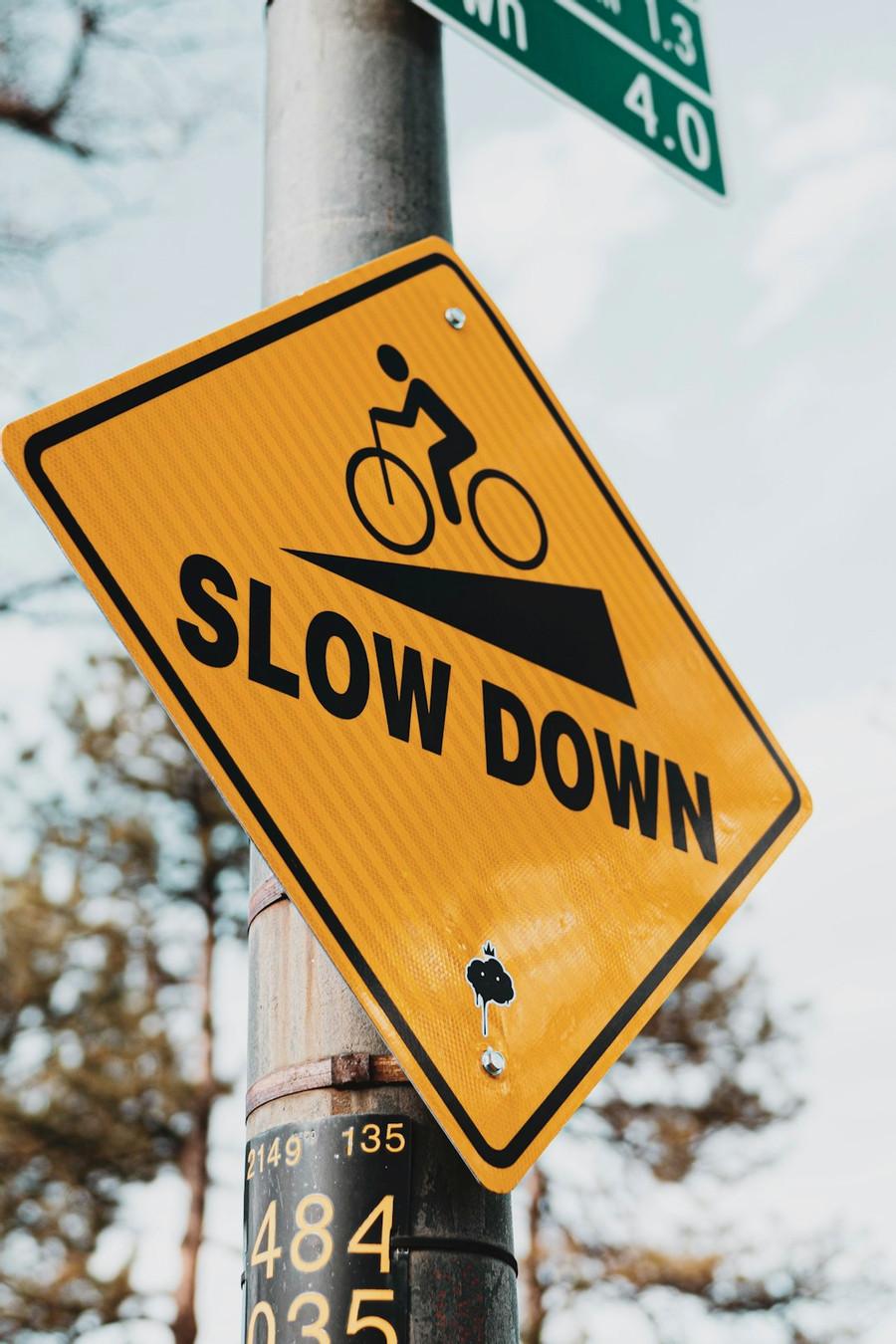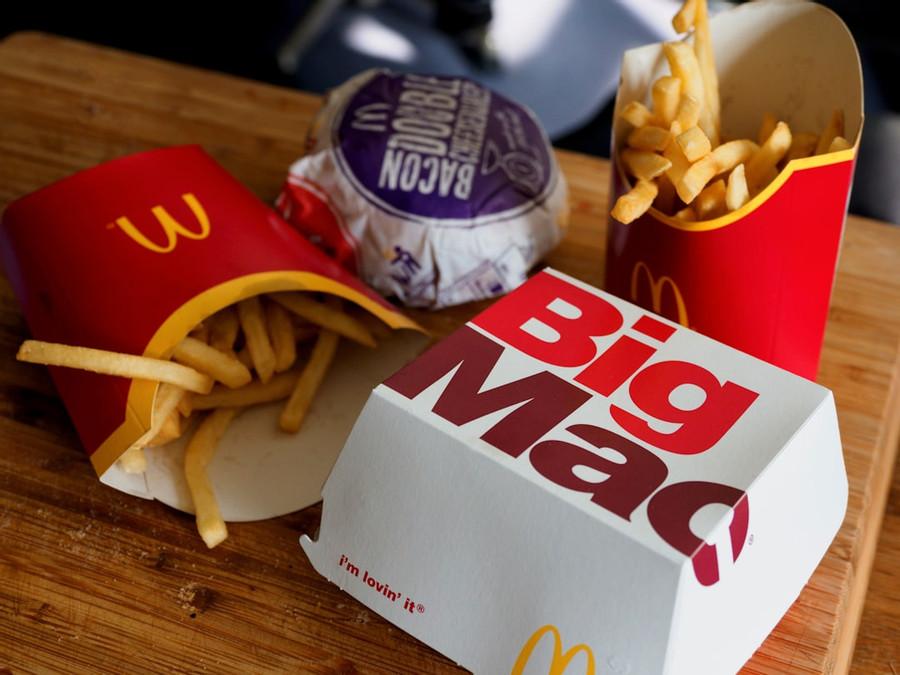Michael Fitzgerald's Key Ideas from In Praise of Slowness
by Carl Honore
Ideas, facts & insights covering these topics:
21 ideas
·4.79K reads
23
1
Explore the World's Best Ideas
Join today and uncover 100+ curated journeys from 50+ topics. Unlock access to our mobile app with extensive features.
Why are we always in such a rush? What is the cure for time-sickness? Is it possible, or even desirable, to slow down?
CARL HONORÉ
38
504 reads
The Problem With Speed
It is a Western disease to make time finite, and then impose speed on all aspects of life.
Despite what people think, the discussion about speed is never really about the current state of technology. It goes much deeper than that, it goes back to the human desire for transcendence … It’s hard to think about the fact that we’re going to die; it’s unpleasant, so we constantly seek ways to distract ourselves from the awareness of our own mortality. Speed, with the sensory rush it gives, is one strategy for distraction.
40
356 reads
Reading implies time for reflection, a slowing-down that destroys the mass’s dynamic efficiency.
PAUL VIRILIO - FRENCH PHILOSOPHER
39
379 reads
The World Is Speeding Up
The world is still straining to do everything faster—and paying a heavy price for it. The toll taken by the hurry-up culture is well documented. We are driving the planet and ourselves towards burnout. We are so time-poor and time-sick that we neglect our friends, families and partners.
We barely know how to enjoy things any more because we are always looking ahead to the next thing. Much of the food we eat is bland and unhealthy. With our children caught up in the same hailstorm of hurry, the future looks bleak.
42
287 reads
Time Sickness
All the things that bind us together and make life worth living—community, family, friendship—thrive on the one thing we never have enough of: Time.
Time is getting away, that there isn’t enough of it, and you must pedal faster and faster to keep up. These days, the whole world is time-sick. We all belong to the same cult of speed.
Time-sickness can also be a symptom of a deeper, existential malaise. In the final stages before burnout, people often speed up to avoid confronting their unhappiness.
42
246 reads
A Superficial Life
Inevitably, a life of hurry can become superficial. When we rush, we skim the surface, and fail to make real connections with the world or other people.
We have forgotten how to look forward to things, and how to enjoy the moment when they arrive.
In this social media-drenched, data-rich, computer-gaming age, we have lost the art of doing nothing, of shutting out the background noise and distractions, of slowing down and simply being alone with our thoughts.
42
241 reads
Our Relationship With Time
If we are ever going to slow down, we must understand why we accelerated in the first place, why the world got so revved up, so tightly scheduled. And to do that, we need to start at the very beginning, by looking at our relationship with time itself.
Ancient civilizations used calendars to work out when to plant and harvest crops. Right from the start, though, timekeeping proved to be a double-edged sword. On the upside, scheduling can make anyone, from peasant farmer to software engineer, more efficient. Soon enough, the tables turn, and time takes over. We become slaves to the schedule.
39
223 reads
The Clock
As the clock tightened its grip and technology made it possible to do everything more quickly, hurry and haste seeped into every corner of life. People were expected to think faster, work faster, talk faster, read faster, write faster, eat faster, and move faster.
The result is a gnawing disconnect between what we want from life and what we can realistically have, which feeds the sense that there is never enough time.
40
203 reads
Time Is Actually Cyclical
Part of the problem may lie in the way we think about time itself.
In Chinese, Hindu and Buddhist traditions, time is cyclical. On Canada’s Baffin Island, the Inuit use the same word—uvatiarru—to mean both ‘in the distant past’ and ‘in the distant future.’
The Hindu word kal means both yesterday and tomorrow.
Time, in such cultures, is always coming as well as going. It is constantly around us, renewing itself, like the air we breathe.
In the Western tradition, time is linear, an arrow flying remorselessly from A to B. It is a finite, and therefore precious, resource.
39
195 reads
The Two Different Frame Rates Of Life
Fast and Slow do more than just describe a rate of change.
Fast is busy, controlling, aggressive, hurried, analytical, stressed, superficial, impatient and jumpy.
Slow is the opposite: calm, careful, receptive, still, intuitive, unhurried, patient, reflective, quality-over-quantity. It is about making real and meaningful connections—with people, culture, work, food, everything.
The paradox is that Slow does not always mean slow. As we shall see, performing a task in a Slow manner often yields faster results. It is also possible to do things quickly while maintaining a Slow frame of mind.
44
191 reads
The Addiction Of Speed
Speed has helped to remake our world in ways that are wonderful and liberating. Who wants to live without the Internet or jet travel? The problem is that our love of speed, our obsession with doing more and more in less and less time, has gone too far; it has turned into an addiction, a kind of idolatry.
Falling behind at work? Get a quicker Internet connection. No time for that novel you got at Christmas? Learn to speed-read. Diet not working? Try liposuction. Too busy to cook? Buy a microwave. And yet some things cannot, should not, be sped up. They take time; they need slowness.
38
179 reads
When you accelerate things that should not be accelerated, when you forget how to slow down, there is a price to pay.
CARL HONORE
40
189 reads
Put Your Feet Off The Gas
Instead of doing everything faster, many people are decelerating, and finding that Slowness helps them to live, work, think and play better. But is the Slow movement really a movement? It certainly has all the ingredients that academics look for—popular sympathy, a blueprint for a new way of life, grassroots action. True, the Slow movement has no formal structure and still suffers from low brand recognition. Many people slow down—working fewer hours, say, or finding time to cook—without feeling part of a global crusade. Yet every act of deceleration is grist to the mill.
37
163 reads
Less But Better
Many recommend doing fewer things in order to do them better, a core tenet of the Slow philosophy … The twenty-four-hour society is not intrinsically evil. If we approach it in a Slow spirit—doing fewer things, with less hurry—it can give us the flexibility we need to decelerate … Slower, it turns out, often means better—better health, better work, better business, better family life, better exercise, better cuisine and better sex.
40
163 reads
The Invisible Movement
The Slow movement is still taking shape. It has no central headquarters or website, no single leader, and no political party to carry its message. Many people decide to slow down without ever feeling part of a cultural trend, let alone a global crusade. What matters, though, is that a growing minority is choosing slowness over speed. Every act of deceleration gives another push to the Slow movement.
37
151 reads
No To McDonalds: Slow Food
To roll back the fast-food tsunami sweeping across the planet, Carlo Petrini, a charismatic culinary writer, launched Slow Food. As the name suggests, the movement stands for everything that McDonald’s does not: fresh, local, seasonal produce; recipes handed down through the generations; sustainable farming; artisanal production; leisurely dining with family and friends.
Slow Food also preaches ‘eco-gastronomy’—the notion that eating well can, and should, go hand in hand with protecting the environment.
36
137 reads
The Spiritual Side Of Slowing Down
Many find that slowing down has a spiritual dimension. But many others do not. The Slow movement is broad enough to accommodate both. In any case, the gap between the two may not be as wide as it seems.
The great benefit of slowing down is reclaiming the time and tranquility to make meaningful connections—with people, with culture, with work, with nature, with our own bodies and minds. Some call that living better. Others would describe it as spiritual.
39
141 reads
Changing The Way We Think
In the war against the cult of speed, the front line is inside our heads. Acceleration will remain our default setting until attitudes change. But changing what we think is just the beginning. If the Slow movement is really to take root, we have to go deeper. We have to change the way we think.
38
133 reads
Work Less And Avoid Burnout At The Office
For the Slow movement, the workplace is a key battlefront. When the job gobbles up so many hours, the time left over for everything else gets squeezed. Even the simple things—taking the kids to school, eating supper, chatting to friends—become a race against the clock. A surefire way to slow down is to work less.
These days, we exist to serve the economy, rather than the other way round. Long hours on the job are making us unproductive, error-prone, unhappy and ill.
40
133 reads
Benefits Of Working Less And Staying Home
People who cut their work hours often take a smaller hit financially than they expect. That is because spending less time on the job means spending less money on the things that allow us to work: transport, parking, eating out, coffee, convenience food, childcare, laundry, retail therapy. A smaller income also translates into a smaller tax bill.
38
162 reads
IDEAS CURATED BY
Michael Fitzgerald's ideas are part of this journey:
Learn more about religionandspirituality with this collection
How to align stakeholders
Best practices in product management leadership
How to create value together
Related collections
Discover Key Ideas from Books on Similar Topics
14 ideas
Master Your Mind
Roger Seip, Robb Zbierski
19 ideas
The Things You Can See Only When You Slow Down
Haemin Sunim
13 ideas
The Things You Can See Only When You Slow Down
Haemin Sunim
Read & Learn
20x Faster
without
deepstash
with
deepstash
with
deepstash
Personalized microlearning
—
100+ Learning Journeys
—
Access to 200,000+ ideas
—
Access to the mobile app
—
Unlimited idea saving
—
—
Unlimited history
—
—
Unlimited listening to ideas
—
—
Downloading & offline access
—
—
Supercharge your mind with one idea per day
Enter your email and spend 1 minute every day to learn something new.
I agree to receive email updates
